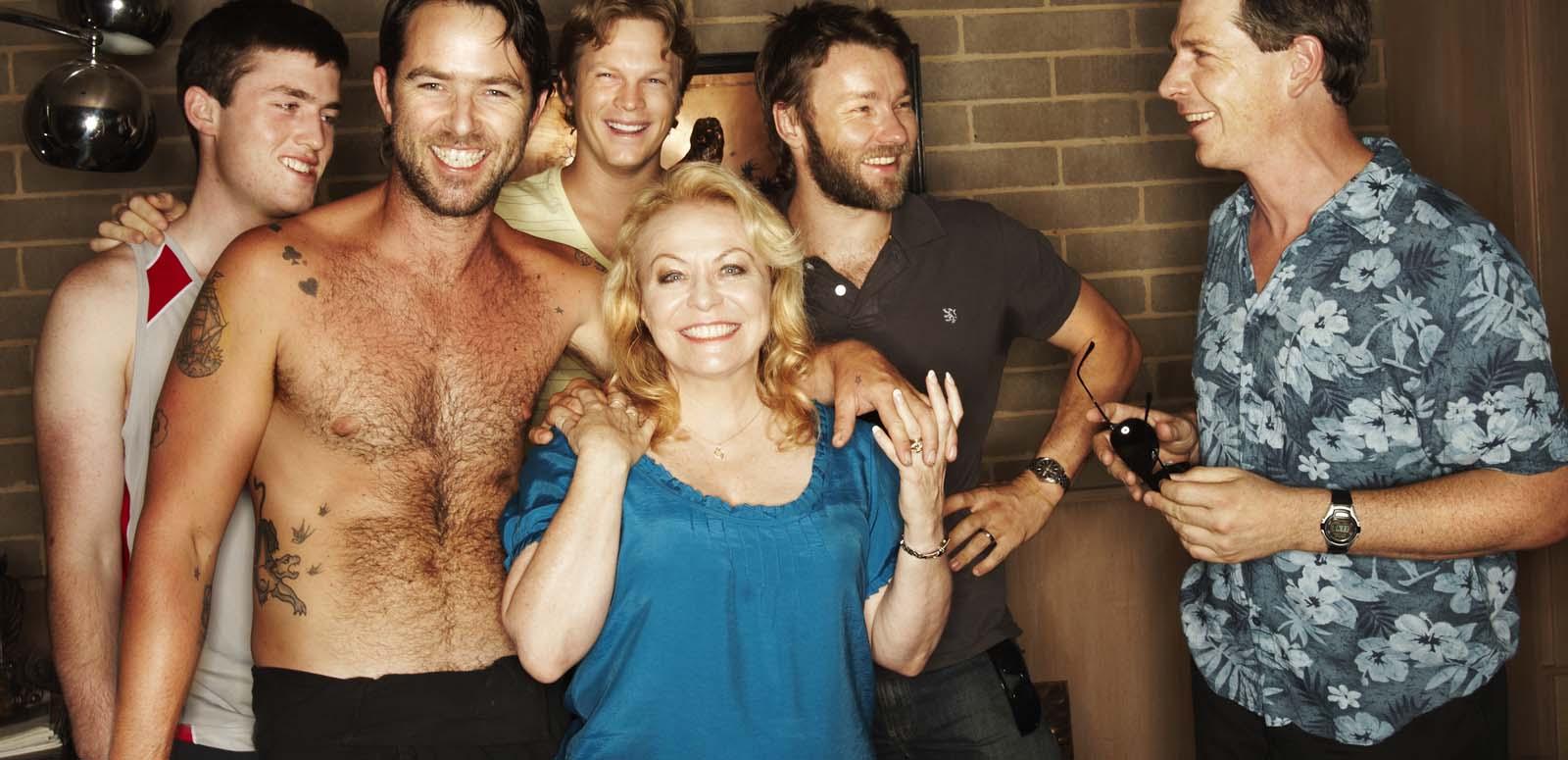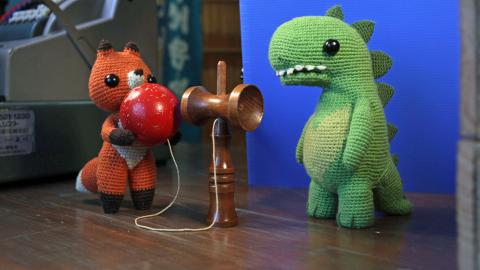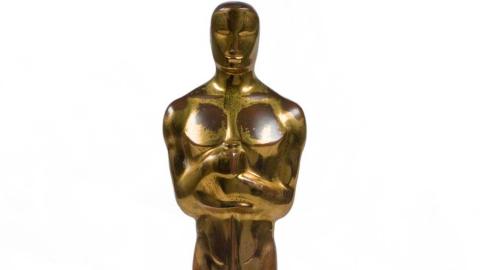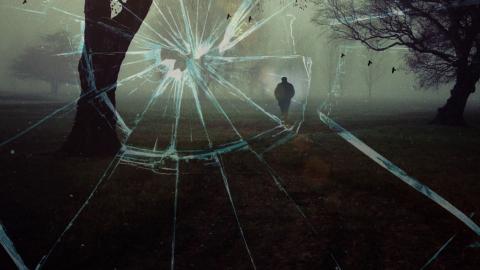In October 2020, the NFSA presented an online screening of shorts from Blue-Tongue Films – one of the most exciting forces to emerge from the world of independent cinema. The event was followed by a Q&A with two of the collective’s principal creatives, Nash Edgerton and David Michôd, and NFSA Curator Nathan Smith:




